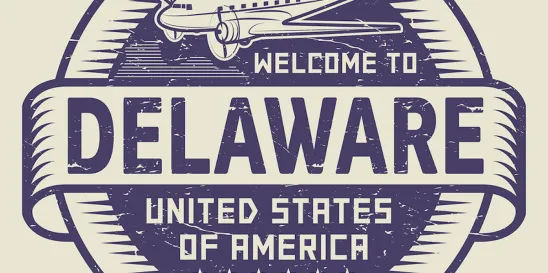Last week, I wrote about a recent Delaware case involving an attempt to enforce a non-compete provision in a limited liability company agreement. Sunder Energy, LLC v. Jackson, 2023 WL 8166517. The case was brought in the Delaware Court of Chancery because the limited liability company was formed in Delaware. I observed:
According to Vice Chancellor "[b]usinesses and their lawyers do that so they can invoke Delaware's contractarian regime and argue that it should override how other jurisdictions regulate restrictive covenants". Vice Chancellor Laster seems to believe that this is a consequence of the internal affairs doctrine.
In fact, Vice Chancellor Laster has applied choice of law analyses in two prior decisions - Focus Fin. P’rs, LLC v. Holsopple, 250 A.3d 939 (Del. Ch. 2020) and Focus Fin. P’rs, LLC v. Holsopple, 241 A.3d 784 (Del. Ch. 2020).
Thus, to be clear it is not that Vice Chancellor Laster believes that the internal affairs doctrine applies to restrictive covenants but that he believes lawyers place restrictive covenants in limited liability company agreements because they believe that the internal affairs doctrine would apply to validate them.



 />i
/>i


